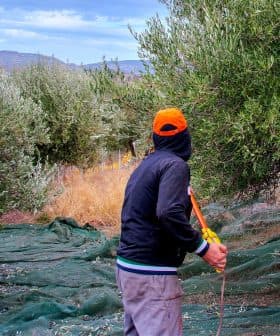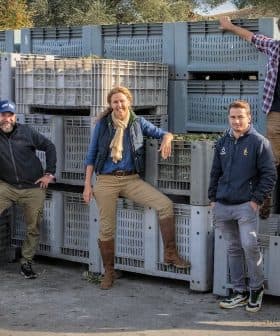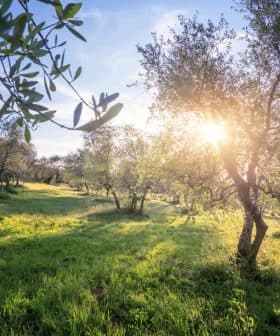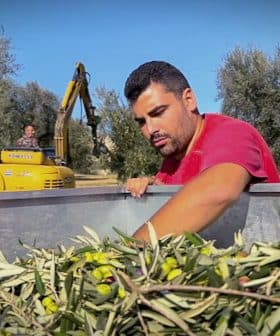'Extraordinary Plan' to Revitalize Olive Trees in Puglia
The Italian Confederation of Agriculture has announced a funding plan to address the ongoing Xylella fastidiosa crisis in Puglia.
Confagricoltura has developed a new plan to support the regrowth of olive trees in the Xylella fastidiosa-ravaged region of Puglia, with €300 million budgeted for restoration, compensation, re-planting, and research from 2020 through 2021. The plan, which allocates the majority of funds for restoration of production potential, aims to address the crisis caused by Xylella fastidiosa that has devastated olive oil production in Puglia since 2013, with an urgent need for a single entity dedicated to managing the implementation of these measures.
Italy’s General Confederation of Agriculture, Confagricoltura, has drafted new plans to support the regrowth of olive trees in Xylella fastidiosa-ravaged region of Puglia.
The new plan proposed by the Confagricoltura for 2020 through 2021 would reallocate financial resources in the region to address the crisis, with €300 million ($332 million) budgeted for restoration, compensation, re-planting, and research.
The implementation of the plan is extremely urgent. (We) hope that management will be entrusted to a single entity specifically dedicated to speeding up the times.
Since 2013, Puglian olive oil production has suffered due to destruction caused by Xylella fastidiosa, which has infected thousands of trees throughout the southeastern Italian region.
In response to this crisis, the European Union ordered the culling of centuries-old trees, a controversial decision that has sparked protest among local farmers.
See Also:Xyella fastidiosa News“The issue is complex, because Xylella was a new sickness, which for the moment has no cure,” Stefano Versace, whose family runs the agricultural estate Azienda Agricola Rossi, said. “This has become also a political confusion between institutions of different orders and importance, and that doesn’t help resolve the issue.”
Confagricoltura’s proposed plan allots the majority of funds, €210 million ($233 million) out of a €300 million total budget, for the restoration of production potential.
From the total budget, €115 million ($128 million) is allocated for compensatory interventions for farms and oil mills, €40 million ($44.4 million) is for replanting and converting to resistant tree varieties and €20 million ($22.2 million) is for further research.
This budget includes €30 million ($33.3 million) of additional funding granted by the Puglia regional government in August 2019 to alleviate potential damage to olive oil production and farms in Salento.
That €30 million was provided by the FSC, the regional Development and Cohesion Fund, under a measure that provides financial relief for the restoration of potential agricultural production damaged by natural disasters and catastrophic events.
This provisional addition to the agricultural budget was intended to meet farmers’ requests for financial assistance to replace infected trees, with the creation of a special task force to address replanting applications.
In spite of these restorative measures, the threat of re-infestation looms large. Further research will help determine the feasibility of replanting trees in previously infected areas and provide insights on preventive strategies going forward.
Meanwhile, the urgency is apparent for those whose livelihoods depend upon production practices now exposed to precarious circumstances.
Some prepare to reimagine their livelihoods once their trees are dead. János Chialá, a local photographer, has been documenting the controversy surrounding the ongoing devastation.
“Should the bacteria be contained at all costs, through the eradication of thousands of olive trees and the use of pesticides and herbicides?” Chialá asked. “Or should we… discard those agricultural practices that have prepared the ground for disease?”
According to Pantaleo Greco, president of the Confagricoltura Product Federation, this “extraordinary plan” will help enact measures swiftly.
“The implementation of the plan is extremely urgent,” he said. “[We] hope that management will be entrusted to a single entity specifically dedicated to speeding up the times.”









